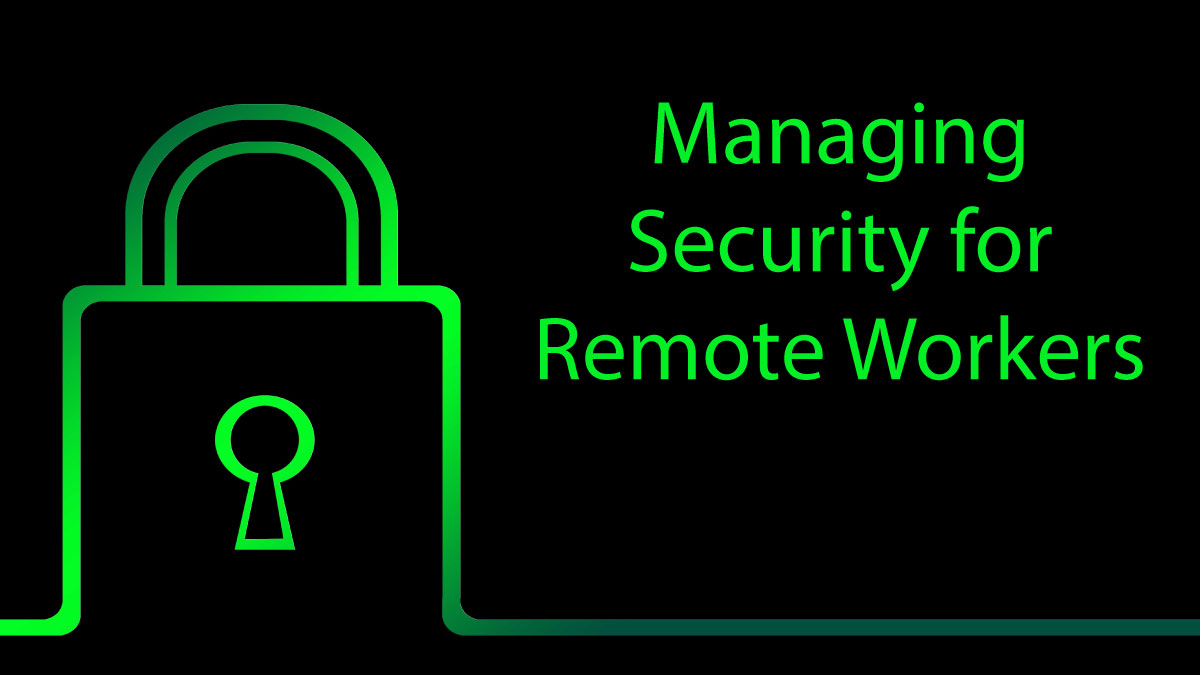Keeping your employees and data safe
Remote working creates many advantages for employees, but also creates challenges for employers. Greater freedom around when and where you work is a powerful advantage, but with that comes greater exposure to security threats and data breaches. Here are a few ways to help keep remote workers and sensitive company data safe:
- Staff education and cybersecurity policies: Talk to your staff and make sure that they know that data security is a major issue. Create a cybersecurity policy, ensuring that the following topics are covered:
- Why the policy exists
- Outlines of the company security protocols
- Details of the company’s security tools and resources
- How employees are expected to act, and their responsibilities in regards to company resources
- Once you have your policy, make sure that all staff read and sign it. All staff need to take ownership of the fact that they need to take steps to protect themselves and company data.
- Secure your internet connections: Insecure connections are by far the most common way for data breaches to occur. This isn’t so much of a problem when people are working from a home office from behind their firewall-protected router. In the local coffee shop, though, a virtual private network (VPN) to connect to company resources is necessary to avoid exposure to security threats. Make sure you have VPNs set up and that your staff knows how to use them.
- Use strong passwords and change them regularly: Establish a strong password policy, so that your staff must use difficult-to-guess but easy-to-remember passwords in order to login computers and systems. Remember to make sure that passwords expire after a given time so that passwords are frequently changed.
- Use two-factor authentication: Consider using Two-Factor Authentication (2FA). Many companies are moving towards 2FA for their security management. 2FA confirms the user’s authorization by using not just the users’ name and password, but also a second piece of personal information or a generated PIN as well. Multi-factor authentication with more than 2 factors also exists, which can be used for extra-sensitive data protection.
- Use encryption: Using encryption software on a computer device adds another layer of protection. If a user’s encrypted laptop is stolen, they still won’t be able to access the protected data without the security keys.
- Ensure your firewalls, anti-virus, and security software are up-to-date: Finally, make sure that all of your firewall and security software are up to date. Not just with the latest patches and security fixes, but by software version and threat descriptions too. Remember with hardware-based firewalls that there may be firmware updates in addition to any software updates.
If you need additional information on setting up and configuring your remote worker security, talk to us; we can help you develop and grow!
You can also message us on Facebook, Twitter, and LinkedIn for additional information.
